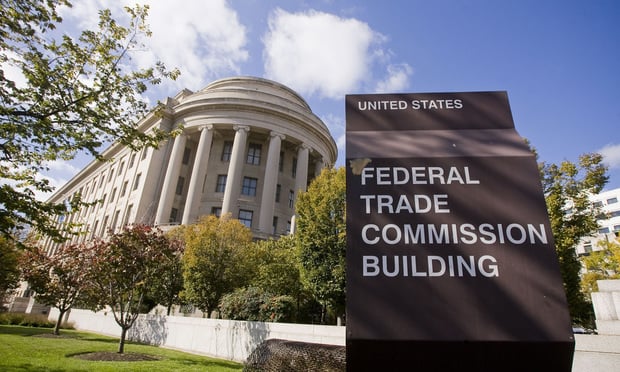



Justin Henry|March 08, 2023
“We can't just be focused on events and activities, and we can’t just be focused on changing hearts and minds," said Alexis Robertson, director of diversity, equity and inclusion at Foley & Lardner. "It has to be more of a systems-focused approach.”
6 minute read


Presented by BigVoodoo
General Counsel Summit is the premier event for in-house counsel, hosting esteemed legal minds from all sectors of the economy.
Join General Counsel and Senior Legal Leaders at the Premier Forum Designed For and by General Counsel from Fortune 1000 Companies
WIPL is the original global forum facilitating women-to-women exchange on leadership and legal issues.
A large and well-established Tampa company is seeking a contracts administrator to support the company's in-house attorney and manage a wide...
We are seeking an attorney to join our commercial finance practice in either our Stamford, Hartford or New Haven offices. Candidates should ...
We are seeking an attorney to join our corporate and transactional practice. Candidates should have a minimum of 8 years of general corporat...
MELICK & PORTER, LLP PROMOTES CONNECTICUT PARTNERS HOLLY ROGERS, STEVEN BANKS, and ALEXANDER AHRENS